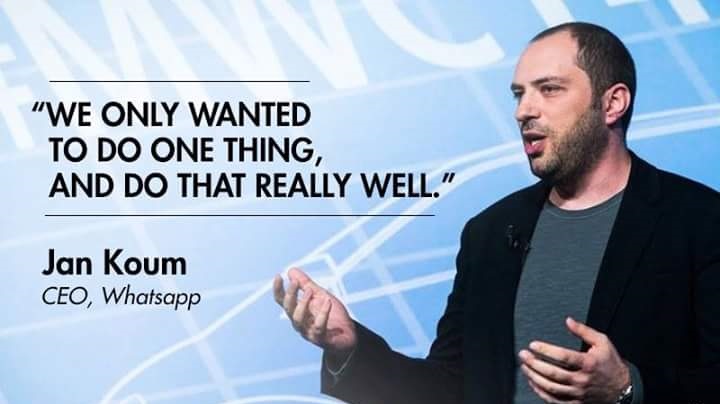
Obama proposes ‘startup visas’ for entrepreneurs to start companies in the U.S
We all are going through the pieces of content stating that a new proposal is presented by Obama led government in the favor of entrepreneurs. Let us have a clear understanding of what we are hearing.
The Department of Homeland Security (DHS) is publishing the White House’s International Entrepreneur Rule. The program grants temporary visas to startup founders from other countries if their companies meet certain requirements, like financing from U.S. investors.
The report published by the U.S Citizenship and Immigration services (USCIS).
“America’s economy has long benefitted from the contributions of immigrant entrepreneurs, from Main Street to Silicon Valley,” said Director León Rodríguez. “This proposed rule, when finalized, will help our economy grow by expanding immigration options for foreign entrepreneurs who meet certain criteria for creating jobs, attracting investment and generating revenue in the U.S.”
To qualify for what the White House calls “startup visas,” entrepreneurs must own at least 15 percent of a U.S. startup, and demonstrate the company’s growth potential, investments from qualified American investors, and “significant public benefit to the United States.”
The rule would allow entrepreneurs that fit those requirements to stay in the U.S. for up to two years. They could then apply for an additional three years if the company shows continued growth and benefit to the American public (like increases in capital investment, job creation, or revenue).
The administrative reforms announced by the President in November 2014, if fully implemented, could boost the nation’s economic output by up to $250 billion, while shrinking the federal deficit by $65 billion over the next ten years. – Tom Kalil (White House Deputy Director of Tech and Innovation)
Big brands like Microsoft, Amazon or other tech cos., rely heavily on H1-B visas to bring skilled workers from other countries into the U.S. It works only for people migrating to this country to work for established companies but this will open up possibilities for entrepreneurs to start their own businesses in the U.S., and that was a change welcomed by many tech and startup-oriented groups.
We welcome this initiative and also apply our efforts to nurture more and more startups. This will also boost the synergical impact in the Entrepreneurship world that has been spreaded through the endless efforts by our community – Igniting Entrepreneurs.
http://www.fb.com/ignitingEntrepreneurs


